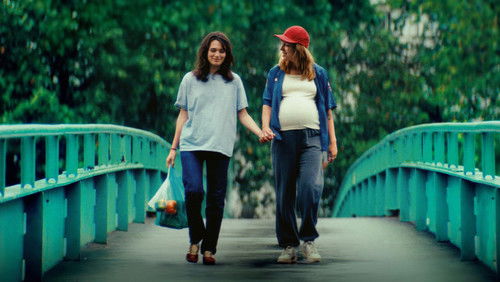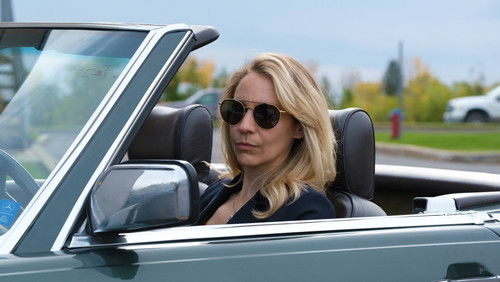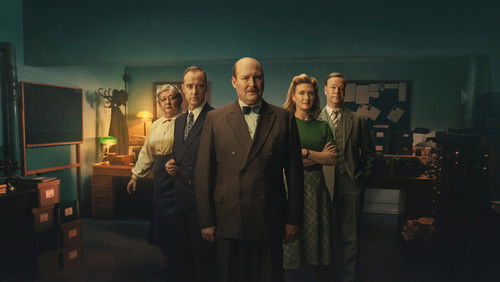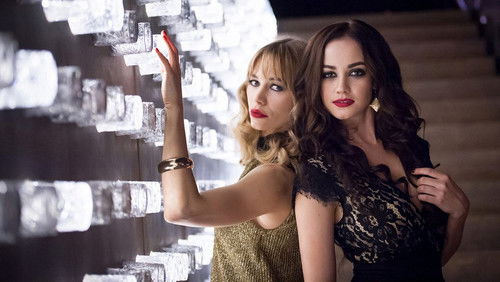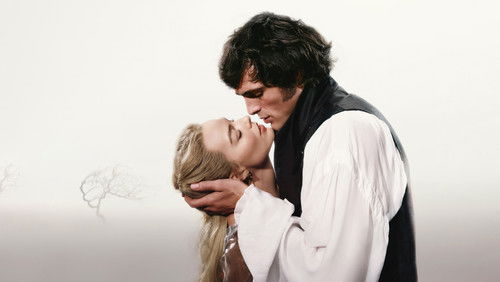RSC Live: Antony and Cleopatra (2017)
47KRSC Live: Antony and Cleopatra: Directed by Iqbal Khan. With Josette Simon, Andrew Woodall, Lucy Phelps, David Burnett. Following Caesar’s assassination, Mark Antony has reached the heights of power. Now he has neglected his empire for a life of decadent seduction with his mistress, Cleopatra, Queen of Egypt. Torn between love and duty, Antony’s military brilliance deserts him, and his passion leads the lovers to their tragic end.
“This review is based on the Blu-ray edition.u003cbr/u003eu003cbr/u003eI have both good and bad things to say about this production. And while the bad things might take up the most space in this review, that doesnu0026#39;t mean thereu0026#39;s more bad than good in this version of this play. It just means that itu0026#39;s often easier to express a critical view, and to put oneu0026#39;s finger on particular points.u003cbr/u003eu003cbr/u003eMy default rating of a good theatrical production that does what itu0026#39;s supposed to do – keeps me entertained and impressed – is 8 stars out of 10. If itu0026#39;s pretty good, but causes my mind to wander and perhaps a yawn or two to emerge, itu0026#39;s down to 7. u0026quot;Antony and Cleopatrau0026quot; is not a grateful play to stage. Itu0026#39;s complex, and easily gets over-long if nothing special is done to keep it interesting.u003cbr/u003eu003cbr/u003eLet me start with the good things. The most distinctive actors were those playing Cleopatra, Enobarbus, Charmian and Pompey. Josette Simonu0026#39;s animated Cleopatra is to be singled out as the greatest performance. I have heard some critics (even feminist ones) say that they donu0026#39;t like how passion-driven Simonu0026#39;s Cleopatra is, but those critics of course donu0026#39;t understand what this play is essentially about. Cleopatrau0026#39;s character is herself an actor; much of her u0026quot;passionu0026quot; is playing pretend, staging herself as a certain persona, and revelling in it. In this sense she is one of the most self-aware characters in Shakespeare. Histrionic, yes, but always with thought, intention and strategy behind it. So, in short, Simonu0026#39;s portrayal of Cleopatra is very true to the character; more so, even, than those of many other actresses, whose performances tend to be more subdued. Animation, movement and changeability, however, are what brings Shakespeareu0026#39;s Cleopatra to life, and Josette Simon has created a very impressive version of her, worthy of the time-honored RSC.u003cbr/u003eu003cbr/u003eAs for the rest of the play, I must confess to being rather less satisfied. Perhaps the biggest problem with this production – something that has dogged the RSC in recent years (with notable exceptions) – was that it was too traditional for comfort. It was so traditional that it got boring. Three hours of a fairly bare stage with actors in fairly accurate period costumes? I nearly nodded off. Something has got to be done to keep a play like this interesting. Make it funnier, crazier, anachronistic; add something a bit modern. Outrageous costumes, for instance. And for Godu0026#39;s sake, add some color to the brown wooden stage! Is it so hard to hang up some pretty arrasses or bring on some green trees? Minimalism may be traditional, but it is also devoid of imagination and poeticness (in fairness, they did have a big black Bast statue towards the end, and it was most refreshing!). It does Shakespeare no favors to add nothing physical to the production. Today, the stage itself should also be an actor and should express and communicate something.u003cbr/u003eu003cbr/u003eBut traditionalism is not necessarily a problem in itself. Traditional performances can be very good; they tend to provide a baseline standard for what such a classic should be like on stage. In fact, most theater purists would rather have a traditional performance than one of the more outrageous modern ones, which often cross over into overwrought silliness or nonsense. However, what I felt was lacking in this production was the full quality of the enunciation that we have come to expect from the RSC. Iu0026#39;m sure these actors probably worked as much with their enunciation as members of the RSC usually do, but for whatever reason the actorsu0026#39; palpable fascination with Shakespeareu0026#39;s words was not greatly in evidence here. They didnu0026#39;t taste the words while speaking them, and the beautiful and perfect accents that serve Shakespeareu0026#39;s language so well were less on display here than in many other RSC productions (a fine recent example of how to do it is the RSC 2015 version of u0026quot;The Merchant of Veniceu0026quot; with Patsy Ferran). I donu0026#39;t know why. Is it the directoru0026#39;s fault? Or the artistic directoru0026#39;s? Or something else? All I know is it could be better, and it has cost this production a star in my rating. To gain a higher rating, the RSC needs to start thinking out of the box and add some imagination and excitement to the proceedings, whether in the overall directing style or in the acting itself, which should be overflowing with enthusiasm for the language. Try something new. Anything. Itu0026#39;s very sure to be an improvement.”

